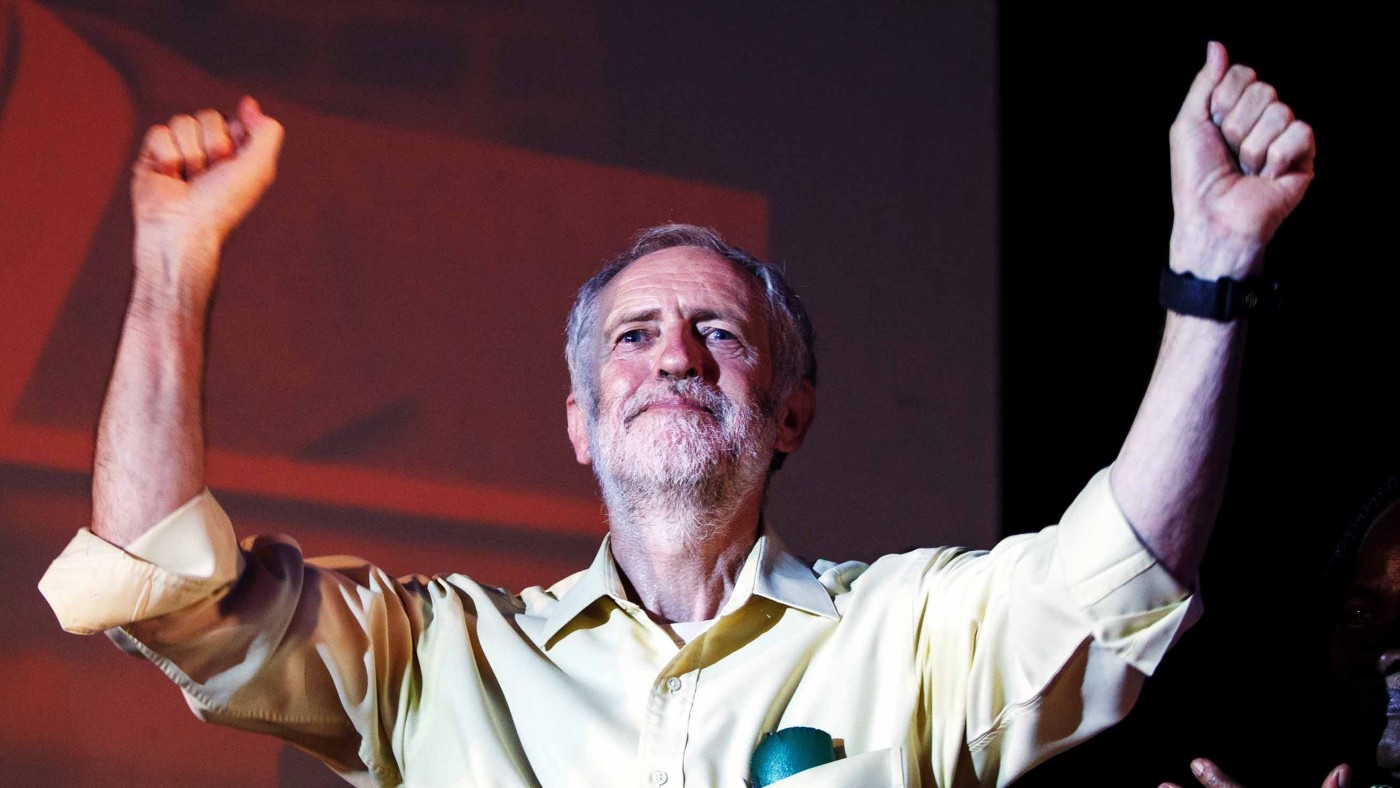Owen Jones says that a Corbyn victory will shift the “Overton Window” to the left, and most of the commentariat, which failed to predict Corbyn’s rise, is now predicting that a Jeremy Corbyn victory will tip the Labour Party over the edge and into the abyss of electoral self-destruction. We can but hope.
Two British pundits beg to differ, Daniel Finkelstein and Matthew d’Ancona. Fink thinks although it would make a Labour victory harder to achieve, it would revive the hard left, giving it clarity and force. Local government would become more militant, the unions more aggressive, politics more bitter.
“The rise of the hard left encourages law breakers and demonstrators and terrorist groups seeking concessions from the government. It turns every dispute into a political rebellion against the system… The job of returning to fiscal balance, best done in an atmosphere of national consent, would instead became a war about attrition. In that sense, the Corbyn campaign is not as eccentric as it seems. He would make austerity harder.”
D’Ancona essentially agrees with Jones, quoting a cabinet member who says that Corbyn’s leadership “would drag the overall debate to the left and the tiny risk of his victory would be a catastrophe for Britain”. Burnham and Cooper have already been forced into “running left”, Corbyn – win or lose – has re-defined the centre-ground and, by definition, makes the Tories look more right-wing.” Really?
Writing in the New Statesman, Jones fanatasises about Corbyn’s victory speech – apparently it will be “full of progressive patriotism, a rousing history of how ordinary people throughout history confronted and overcame injustice.” Perhaps it will be set to rousing martial music. He moves on to the importance of the “Overton Window”, a concept by which Owen is mesmerised, the political theory that there is a narrow window, or range of ideas, that the public will accept. The concept is one that George Osborne also believes in, as he tells more zealous ideological allies apologetically that, as much as he would like to implement their favoured policy, the public is not ready for it and that they will have to set the ground and sell the policy before he will carry it out. New Labour too was all about the “Overton Window”, accepting the broad Thatcherite settlement while Gordon Brown stealthily pushed the acceptable parameters of redistribution leftwards. George Osborne is only now undertaking the task of reversing the whole Brownite project which made the majority of voters dependent on the state.
For what it is worth my reading of the political runes is that Corbyn – win or lose – will only shift the left’s own “Overton Window” more confidently leftwards. The pages of the Guardian will resound to unmocked calls for nationalisation and expanding the state. The Labour Party will continue down the leftwards path Miliband set. Paul Mason will sell more books about the post-capitalist gift economy. The government however will be unmoved politically. The popular press will focus on reality TV. The broadsheets – apart from the Guardian – will focus on economic reality. Labour will become more noisily left-wing just as Finkelstein fears. In 2020 a traditional left-wing party will achieve the traditional result.
Thatcher’s shifting of the “Overton Window” was of its time and built on intellectual foundations going back to Hayek’s founding in 1947 of the Mont Pelerin Society and her founding of the Centre for Policy Studies. The intellectual fashion for free markets became dominant before she dominated politics. Corbyn is no Thatcher, statist ideas are not resurging, neo-liberalism is not in retreat worldwide. Russell Brand’s “Booky Wook” is not the “Road to Serfdom”. Even the prevailing left-wing vogue for community and non-profit based enterprises is no threat to capitalism, in fact mutualism is a healthy complementary market-oriented form of economic organisation. The 2008 financial crisis has not moved the prevailing long-range strategic thinking away from market-based reality, no matter how many teenagers queue up to shout “Jez We Can!”


